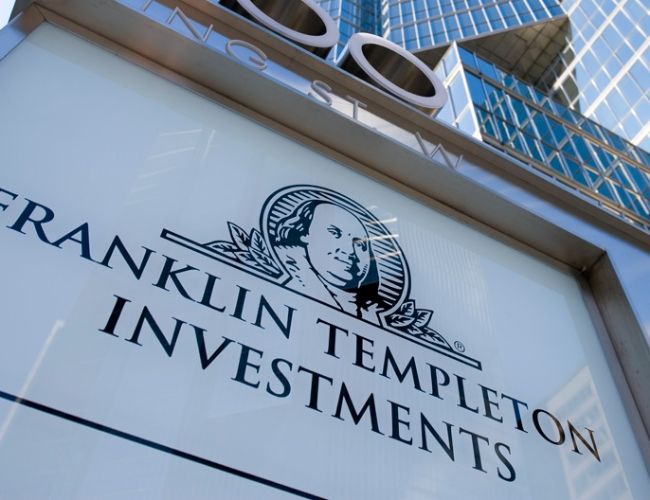- The CEO of Franklin Templeton believes blockchain can revolutionize investment methods and asset management.
- Bitcoin is seen as both a payment instrument and a potential security asset.
- The financial giant’s optimistic stance could point to broader adoption of blockchain in the traditional financial sector.
The CEO of Franklin Templeton, an investment management firm that oversees $1.5 trillion in assets under management (AUM), has a positive view of blockchain technology and Bitcoin. This view suggests that there is increasing recognition for blockchain in the context of the traditional financial sector and signals a shift in perspective from major investment houses to the emerging new world.
Blockchain as a gateway to new investment opportunities
According to Franklin Templeton leadership, blockchain technology is poised to unlock a range of investment opportunities. Infusing the idea of the company with the power of Blockchain demonstrates its ability to revolutionize current financial systems. Thanks to its security and decentralization, blockchain is likely to transform investment methodology by enabling transparency and effective implementation.
FRANKLIN TEMPLETON CEO IS BULLISH.
Templeton, which has $1.5 trillion in assets under management, believes blockchain technology will enable many different types of investments. #Bitcoin is an important part of PAYMENT.
Many people believe that #Bitcoin has a security component.
FKN BULLISH pic.twitter.com/KD5F9ZP0Ij
— Kyle Chassé / DD🐸 (@kyle_chasse) November 4, 2024
Bitcoin remains enigmatic as a payment instrument and as a risky, albeit attractive, monetary security tool. The sentiment expressed by Franklin Templeton for Bitcoin is that it focuses on more than just the speculative front. Such use is gradually gaining recognition as an effective form of electronic payment, as the transaction is relatively quick and eliminates the use of other intermediaries such as banks.
Traditional finance embraces innovation
Franklin Templeton CEO’s stance is a major expression of support for the crypto and blockchain revolution by mainstream institutions. Such a perspective suggests that such investment firms might consider exploring blockchain solutions for practices beyond cryptocurrencies. Franklin Templeton, and specifically the company’s use of blockchain, could serve as an example for other companies with large assets under management. It can also stimulate continued efforts to introduce solutions using the said technology in the financial sector.













